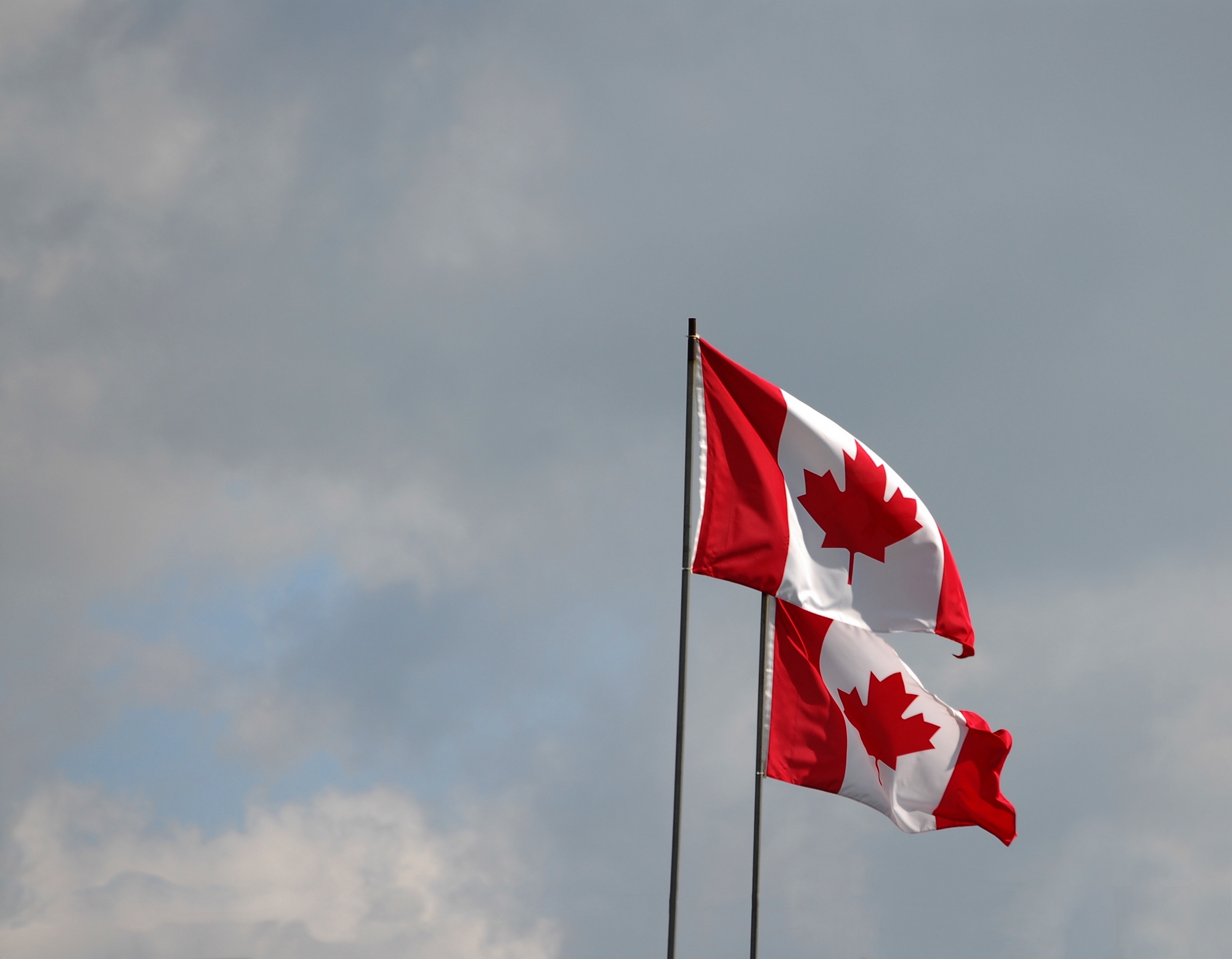
18 Jul The risk of hiding money overseas
Photo: gracey/morguefile.comQ. If I reside in Canada but own property in the United States, would this allow me to hide money in the U.S. without paying U. S. taxes since I do have an American address?
— Considering options
A. You’re walking a questionable line.
Anytime you refer to “hiding money,” you’re implying that a law is being broken or circumvented.
So the easy answer? No, you are never allowed to hide revenue.
Tax law in both countries requires their residents to pay tax on all income they receive regardless of where in the world the income is generated, said Steven Gallo, a certified public accountant with U.S. Financial Services in Fairfield.
This being said, Canada and the U.S. have a tax treaty in place that has existed for many years, Gallo said.
“This treaty provides the legal groundwork to assure that residents of either country, first, are not taxed twice on the same income and second, that residents of either country cannot avoid taxes by transferring income between the two countries,” he said.
Gallo offered this example: If you are a Canadian resident and own rental property in the U.S., any income you receive is taxable in Canada because it’s your resident country. The income is also taxable in the U.S.
But you’re not, in the end, taxed double.
“The taxpayer would then receive a foreign tax credit against his or her Canadian taxes for any taxes paid to the U.S., therefore avoiding double taxation,” he said.
While this answers your question, Gallo had an important reminder:
“People make a living developing tax reduction strategies. Other people go to jail for developing tax avoidance strategies,” Gallo said.
Be careful.
Email your questions to Ask@NJMoneyHelp.com.
This post was first published in July 2017.
NJMoneyHelp.com presents certain general financial planning principles and advice, but should never be viewed as a substitute for obtaining advice from a personal professional advisor who understands your unique individual circumstances.
